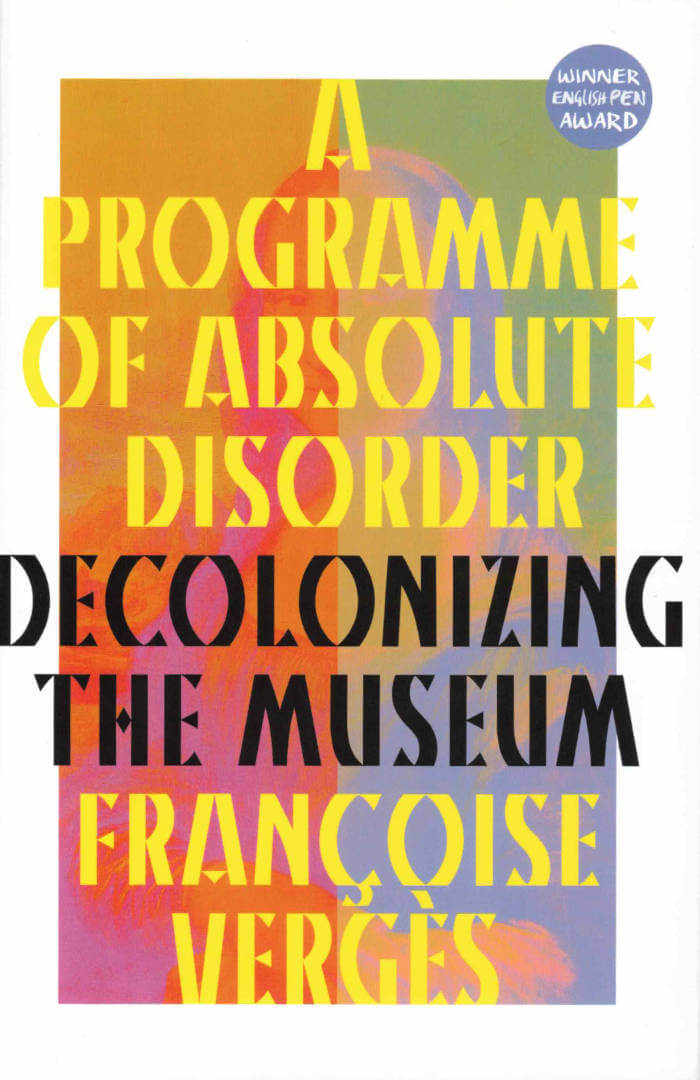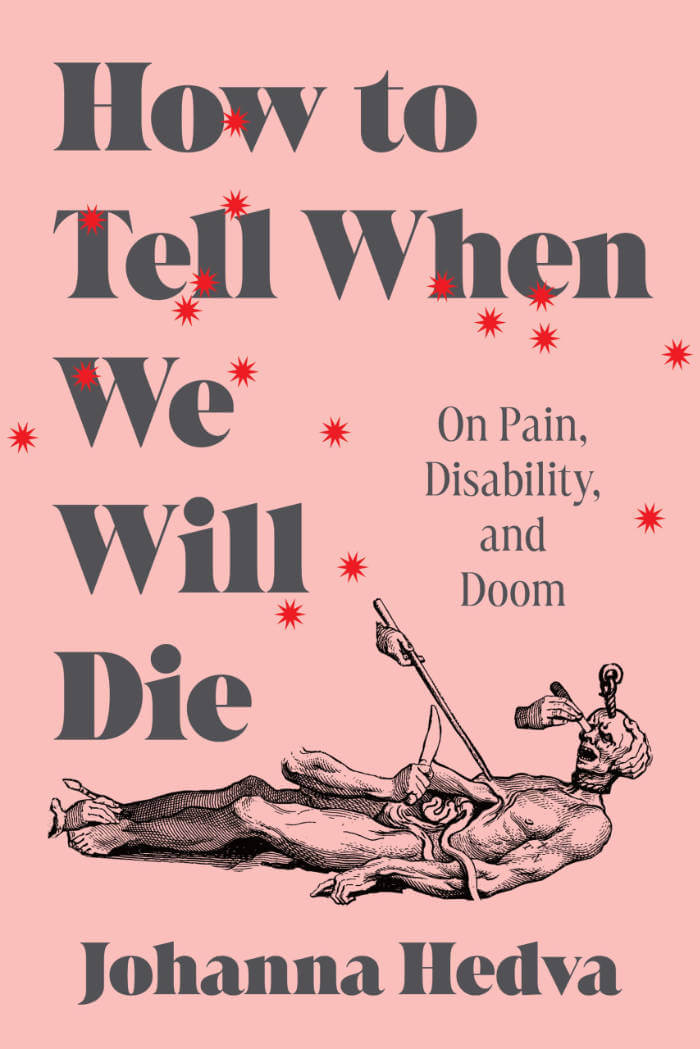
A Programme of Absolute Disorder: Decolonizing the Museum
The Western museum is a battleground - a terrain of ideological, political and economic contestation. Almost everyone today wants to rethink the museum, but how many have the audacity to question the idea of the universal museum itself?
In A Programme of Absolute Disorder, Françoise Vergès puts the museum in its place. Exploring the Louvre's history, she uncovers the context in which the universal museum emerged: as a product of colonialism, and of Europe's self-appointed claim to be the guardian of global heritage.
Vergès outlines a radical horizon: to truly decolonize the museum is to implement a 'programme of absolute disorder', inventing other ways of apprehending the human and non-human world that nourish collective creativity and bring justice and dignity to the dispossessed.
Foreword by Paul Gilroy
Translated by Melissa Thackway
Language: English







